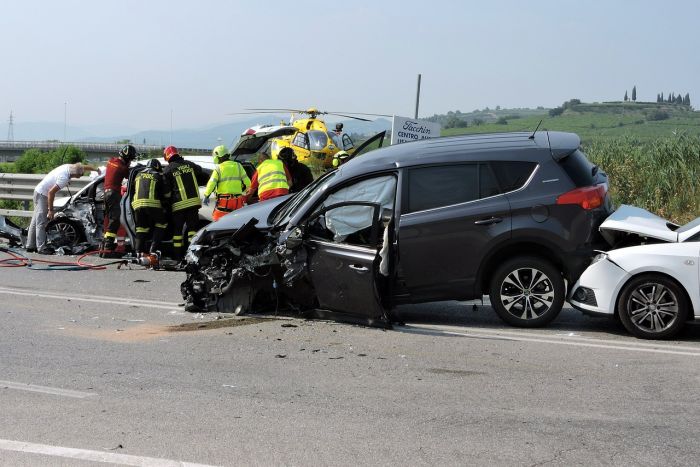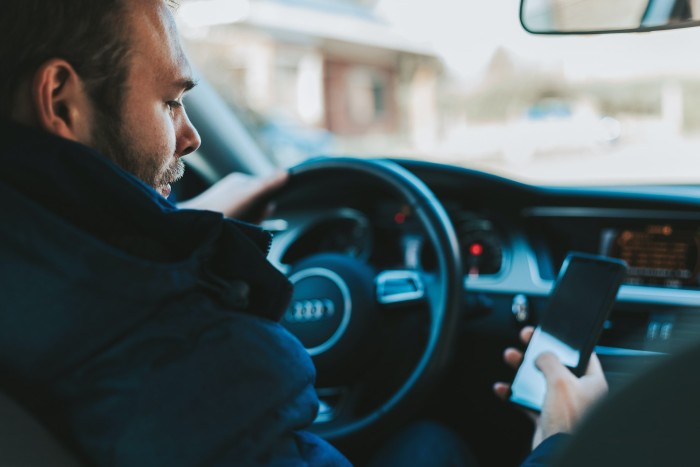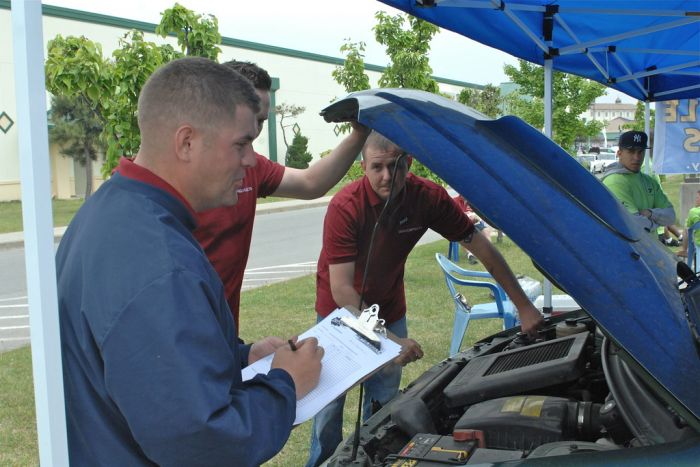Practicing safe, defensive driving has always been vital to avoiding devastating loss of life, livelihood, and property.
We have always been aware of this; however, since 2020, U.S. traffic fatalities have risen after several years of falling averages – even as average miles traveled per vehicle have decreased.

Experts believe this trend is driven by a number of pandemic-related factors, including chronic speeding, fatigue, impaired driving, and increased distractions. Understanding these trends and recognizing our own limitations on the road will help us avoid any number of common auto accidents.
Ways to Avoid Traffic Accidents
- Know Our Limitations
There are situations when we all feel uncomfortable behind the wheel. For people with vision problems, driving at night can pose undue stress on the eyes and cause drivers to miss traffic signs or objects on the road.
Others might not have experience driving on icy roads or through thick snowstorms.
It’s easy to assume that, because we currently have a license and a safe driving record, we should be able to drive through any condition. Our best way to prevent sudden traffic catastrophes is to recognize limited driving skills in advance and find alternative ways (or times) to commute.
- Ignore the Cellphones

The message has long been out that texting while driving is just as dangerous as impaired driving. However, we may still feel compelled to voice text, make a “hands-free” phone call, search for music, or take a glance at our map apps.
With these activities, we may not be taking additional seconds to read screens and type, but they all fall under the potentially fatal umbrella of ‘multitasking’ when our one important task is to drive safely.
- Consider Current Traffic Climates
Every time of day has its own atmosphere – rush hours to and from work see both volumes swell, as well as a surge in stressed and fatigued drivers.
Other riskier times to drive include late at night on New Year’s Eve, or just after a major sporting event or concert. Events like these inevitably bring drivers full of reckless energy, whether impaired or not.
During these times, taking alternate routes far from stadiums and nightlife districts can be worth the additional 20 minutes to ensure a safer driving experience.
As previously stated, there has been an increase in unsafe driving fueled by post-pandemic stress and distraction. Safe, defensive driving not only means that we drive alertly and by the rules, but that we never assume everyone else is doing likewise.
In today’s traffic climate, always expect the unexpected.
- Conduct Frequent Car Inspections

Taking for granted a car’s daily readiness to drive poses unnecessary potential hazards. Perhaps someone is late, so they hop in the car, turn it on, and go. They didn’t look at the tires, check the mirrors or gauges, or even hear or smell anything wrong. After all, the car was fine the last time they drove.
Truth is, any one of these seemingly minor oversights can result in an accident. Even neglecting a worn-out wiper blade can put us in a treacherous position during a flash flood.
- Stay Mentally and Physically Active
At our busiest, it can feel like we practically live in our car. Work, shopping, and family excursions can require a lot more driving than our body and mind can process without a physical or creative outlet.
Businesses routinely promote a “work/life balance” for their employees so they don’t burn out – some even encourage frequent physical breaks to avoid long desk stints. The same encouragement should extend to our driving routine.
Most of us do not get paid to drive, so we do not categorize it as work, but the demands on the body and mind are just as great. Any number of activities, from daily walks to gardening can keep our minds fresh and our reflexes sharp during long and tedious commutes.
When Traffic Accidents Happen
A safe driver is a proactive driver who knows his limitations, understands the traffic climate, and frequently inspects the car before driving. Proactive habits should also extend to dealing with a traffic accident, especially when injuries occur.
Time is of the essence when ensuring post-accident safety, exchanging insurance information, assessing auto damage, and generally gaining a clear picture of what has happened and why.
Additionally, when seeking legal advice and representation, qualified firms should a) specialize in auto accident and personal injury law, and b) maintain a strong presence in the state or region in which the accident occurred.
As an example, duejustice.com specializes in auto accidents in multiple southeastern states; so they would be familiar with traffic climates in cities like Nashville, TN, and Montgomery, AL.
Auto accidents can be largely avoided through the daily practice of proactive and mindful habits. Even if an accident does occur through no fault of our own, these habits can help us see the incident through.
